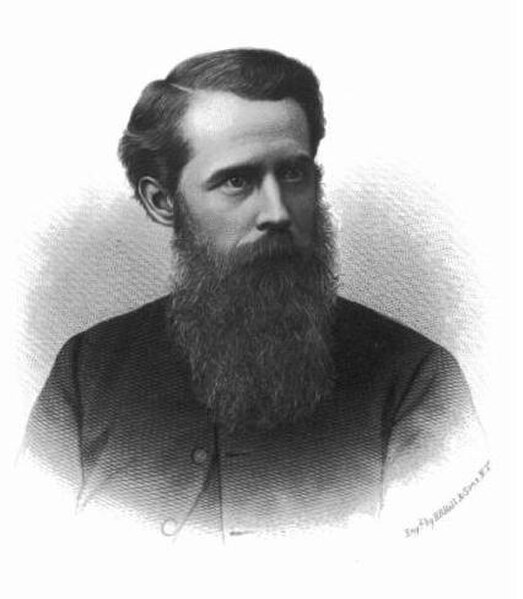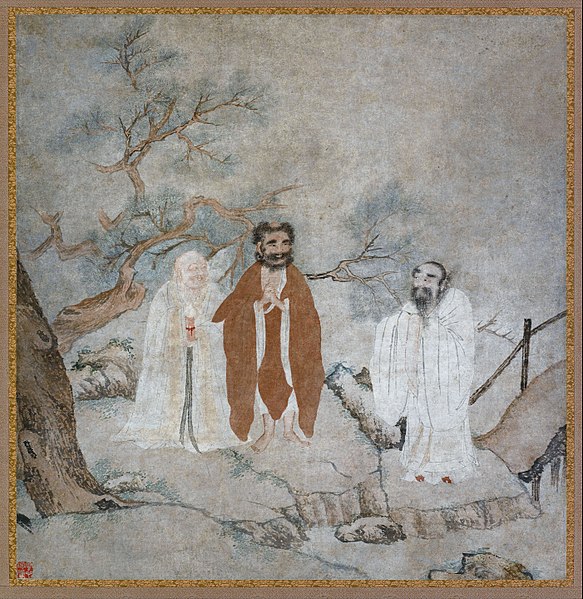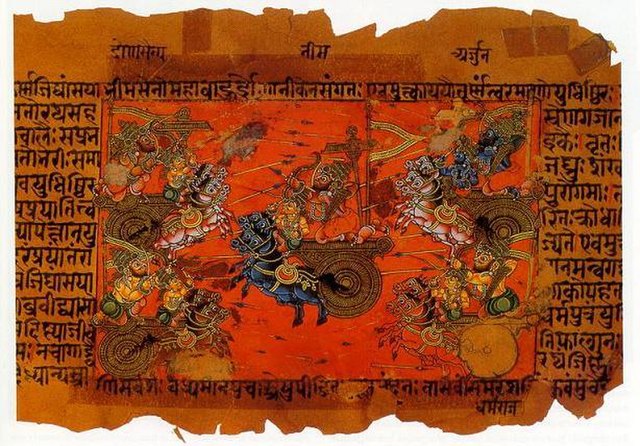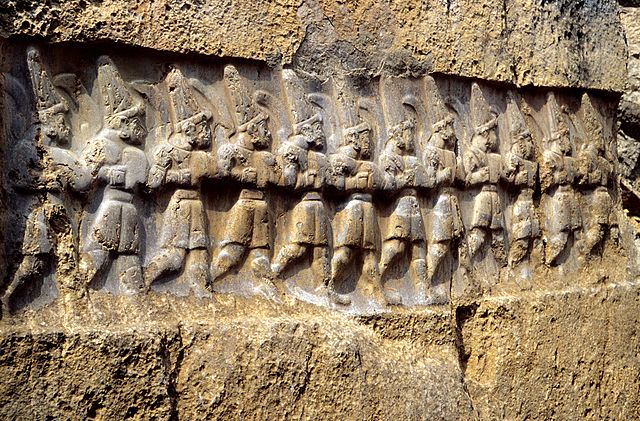Clergy are formal leaders within established religions. Their roles and functions vary in different religious traditions, but usually involve presiding over specific rituals and teaching their religion's doctrines and practices. Some of the terms used for individual clergy are clergyman, clergywoman, clergyperson, churchman,
cleric, ecclesiastic, and vicegerent while clerk in holy orders has a long history but is rarely used.
14th Dalai Lama, Tenzin Gyatso in 2007
Bishop Maurício Andrade, primate of the Anglican Episcopal Church of Brazil, gives a crosier to Bishop Saulo Barros
Sir George Fleming, 2nd Baronet, British churchman.
Charles Wesley Leffingwell, Episcopal priest
Religion is a range of social-cultural systems, including designated behaviors and practices, morals, beliefs, worldviews, texts, sanctified places, prophecies, ethics, or organizations, that generally relate humanity to supernatural, transcendental, and spiritual elements—although there is no scholarly consensus over what precisely constitutes a religion. Different religions may or may not contain various elements ranging from the divine, sacredness, faith, and a supernatural being or beings.
The Buddha, Laozi, and Confucius – founders of Buddhism, Taoism (Daoism) and Confucianism – in a Ming dynasty painting
Budazhap Shiretorov (Будажап Цыреторов), the head shaman of the religious community Altan Serge (Алтан Сэргэ) in Buryatia
A manuscript depicting the climactic Kurukshetra War in Hindu epic Mahabharata. The Mahabharata is the longest epic poem known and a key source of Hindu mythology.
The Yazılıkaya sanctuary in Turkey, with the twelve gods of the underworld








